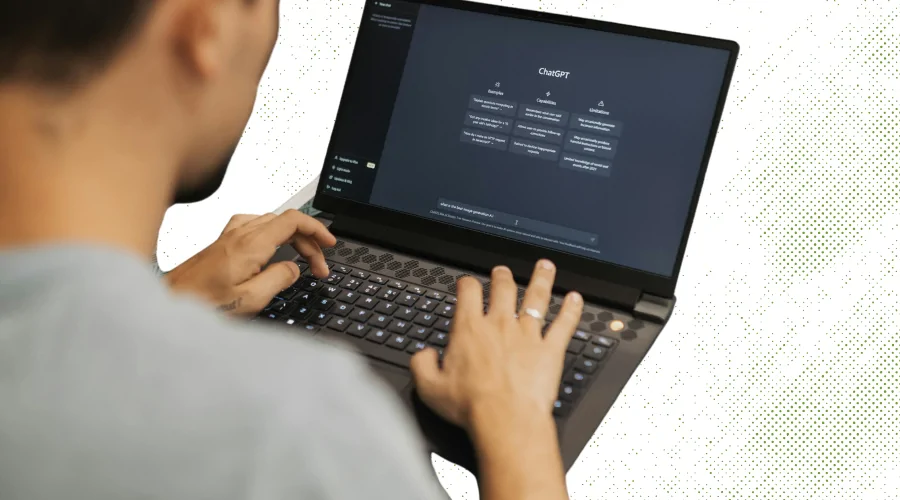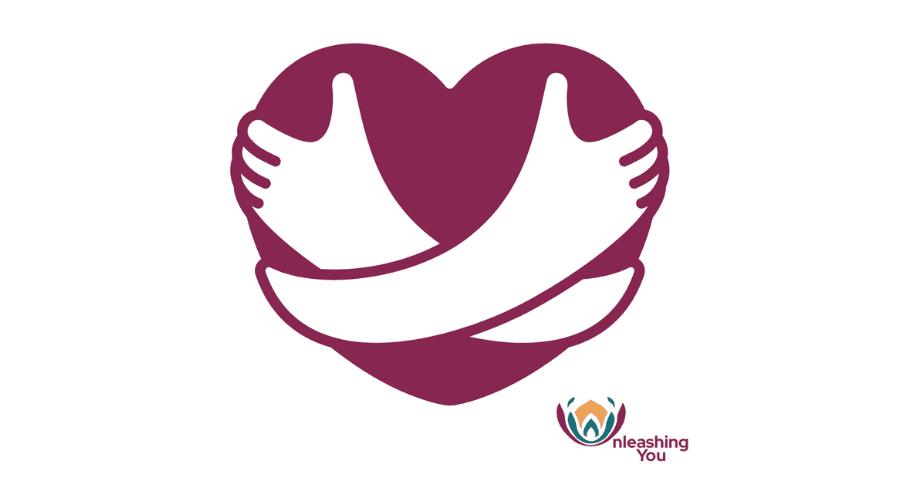
Quick CV Dropoff
Want to hear about the latest non-profit and public sector opportunities as soon as they become available? Upload your CV below and a member of our team will be in touch.

Guest blog post, Marion Hewitt, Protea Solutions
I recently conducted research into self-compassion in female HR professionals. With an HR background, I believe we can make a positive impact on organisations, and work a better place for employees. I also suspected, from experience, that whilst wanting to make a positive difference to others, we might not be quite so good at looking after themselves.
All research participants had ‘fallen’ into HR as their career because of their interest in people and their desire to make a difference.
They understood self-compassion was about being kind to themselves, they recognised it was beneficial, but there wasn’t a lot of it happening!
I found three barriers to self-compassion:
Two of these come with a positive intention. I am not challenging wanting to help others or seeking to improve; however, it is when we take it too far it becomes unhelpful.
Always putting others ahead of ourselves to the detriment of our own health leaves us with depleted resources and unable to look after others. You will probably have heard the phrase ‘put your own oxygen mask on first’.
Seeking constant improvement is positive if we also acknowledge what we deliver is good. There is a big difference between a growth mindset and perfectionism.
Low self-worth is a complex issue. Many of us have limiting beliefs. These can be identified and addressed, although many will be deep rooted. It is the outcome of these that have a massive impact on our self-belief and sense of worth.
I found it sad that participants who were friendly, outwardly confident, and obviously competent (all reached mid and senior level roles), were inadvertently holding themselves back and experiencing the impact of these barriers on their overall health and wellbeing.
Self-compassion (or self-kindness) is treating ourselves with the same kindness we treat others (Neff, 2011). The model Neff developed breaks self-compassion down into factors divided between those that show kindness towards ourselves, and those that are cold or unkind.
Self-kindness means showing care and understanding towards ourselves, rather than being critical and judgemental.
Common humanity recognises we make mistakes. We are not alone in this.
Mindfulness is being present in our awareness, rather than getting caught up in negative thoughts.
Upbringing, social pressures, and expectations mean we tend to put others first. There is a fear that being kind to ourselves will seem selfish and indulgent, behaviours we feel guilty about demonstrating.
I have also often heard the concern that it could mean letting ourselves ‘off the hook’ when things go wrong rather than learning from mistakes.
Self-compassion is a strong predictor of psychological wellbeing. It is also associated with a healthy approach to exercise and diet, suggesting self-kindness means looking after all of you.
The strongest evidence relates to stress, anxiety, and depression. Self-criticism is strongly related to these illnesses. Those with greater self-compassion have lower levels of cortisol, the stress response chemical which puts our body on alert.
Self-compassion has also been correlated with happiness, optimism, worrying less, reduced fear of failure, and demanding less perfectionism.
The evidence shows driving ourselves through self-judgement and self-criticism is flawed thinking.
Those that are compassionate towards themselves achieve more, but from a place of kindness and self-worth. A much more pleasant experience.
If we were to overcome the barriers to self-compassion at work how might we approach things differently?
Perhaps we are in the middle of something important and someone asks if we have a minute. Because we put others first, we say yes regardless of the pressure on us. Could we take a view on how urgent it is, explain we are in the middle of something and ask if you could give them a call back in an hour. You are still making yourself available to them. That hour is unlikely to make a difference to them, but could make all the difference to you.
Another example might be because we are always striving for better, we don’t acknowledge good work. An approach of continuous improvement allows us to recognise things done well, and then reflect how you might do it even better next time.
You can learn to be kinder to yourself and in turn start to experience the benefits. This quick practical exercise helps me recognise when I am not showing kindness towards myself.
When something doesn’t go to plan, for example, you forget something or make an error at work, notice how you talk to yourself. Notice the exact language you use.
Take the same scenario and consider how you would respond if a friend or colleague had the same issue. Notice the language you use.
Now, use this awareness to reframe how you talk to yourself, offering kindness rather than judgement, recognise these things happen to people – it isn’t just you, and notice the emotion rather than getting swept up in it.
Try listening to this kinder voice and see what differences you notice.
Marion Hewitt is a Fellow of the CIPD and has a MSc in Applied Positive Psychology and Coaching Psychology. She is an accredited trainer with Mental Health First Aid England, an assessor for level 7 HR qualifications, and an award-winning coach. Her coaching specialism is building confidence and increasing impact, particularly for HR professionals, which draws on her background within HR and her belief in the value of the profession. Her signature programme is Unleashing You drawing on positive psychology for personal growth utilising our strengths and using self-kindness for increased performance, wellbeing, and overall happiness. To learn more about her go to Protea Solutions.